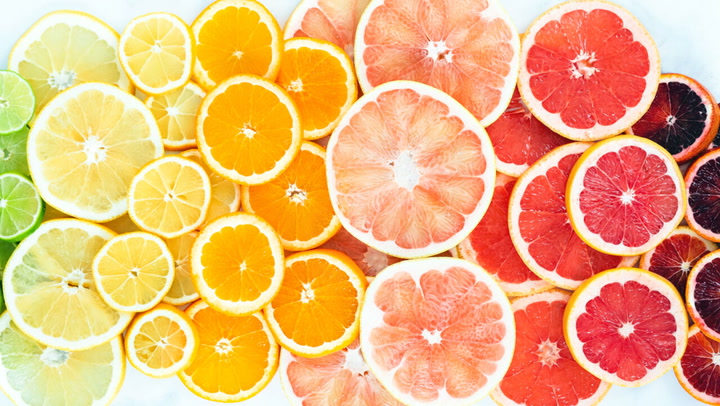There’s a reason why we’ve been told get a good daily dose of fruits and vegetables, but naturally, some fruits contain a bit more sugar than others. And while consuming fruit of any kind is encouraged, certain varieties have more natural sugar, which could lead to a spike in your blood sugar levels. Whether you have a health condition, like diabetes, or are looking to decrease your sugar intake, it’s important to understand the nutritional benefits of the foods you’re eating and feeding to your family.
Mary Wirtz, a registered dietitian and board-certified sports dietitian, says that in addition to looking out for sugar content, “you also want to optimize fiber content, which can help control blood sugar levels.” And while some fruits have more sugar than other types, Wirtz encourages her clients to start by “cutting back on foods that are high in added sugar, like some fruit juices, sweets, desserts, and sodas.”
Keep reading for a list of low-sugar fruits to enjoy!
1. Citrus

Lemons, limes, grapefruits, and most other citrus varieties have minimal sugar, which is why you always want to opt for a fresh-squeezed juice, instead of bottled, whenever possible. These fruits are also high in vitamin C, and can even reduce inflammation.
2. Berries
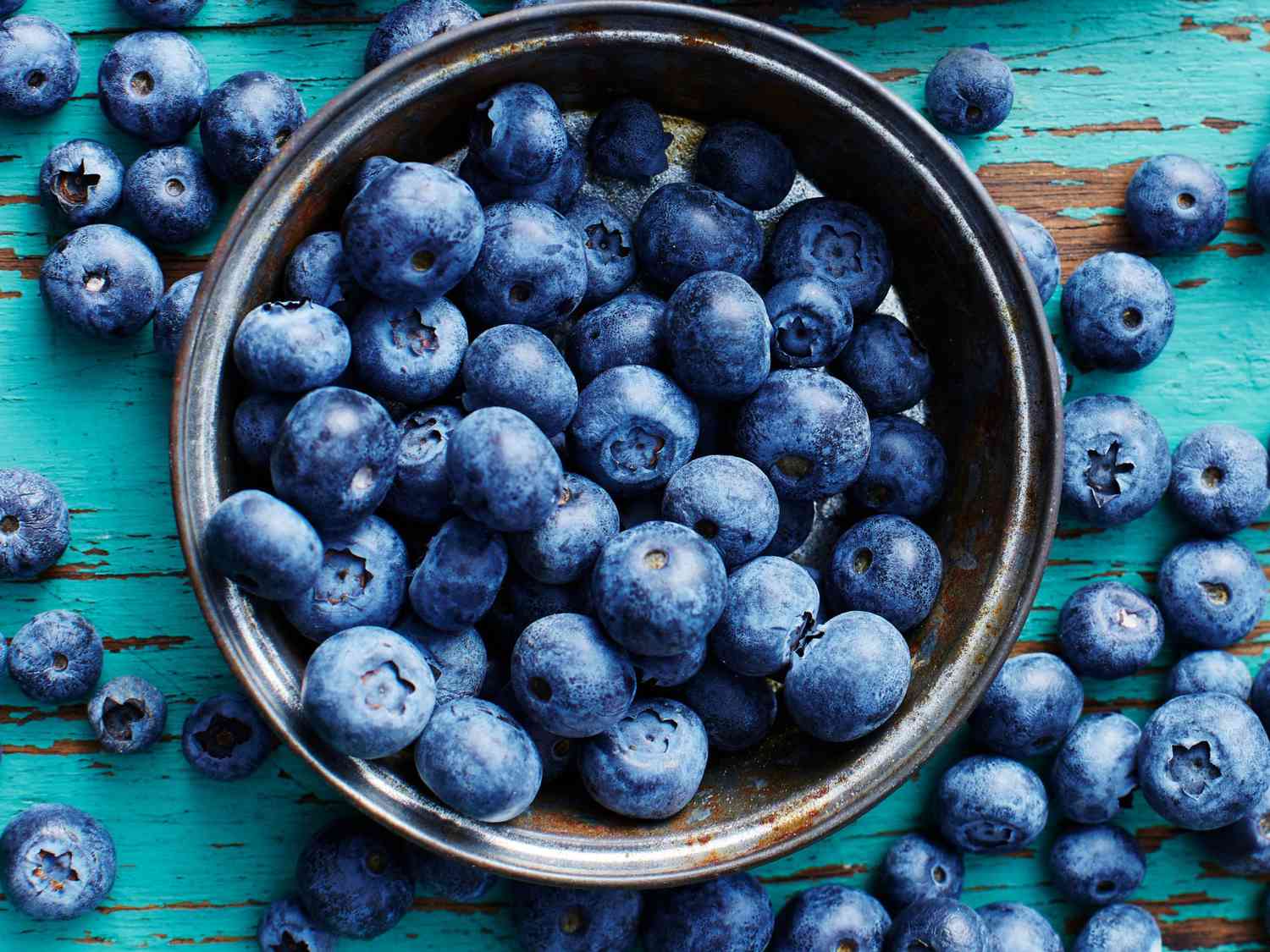
It should come as no surprise that berries are some of the healthiest fruits you can eat. They’re low in sugar, yet high in antioxidants. Plus, they’re loaded with potassium, magnesium, vitamins C and K, fiber, and prebiotics, which is great for gut health.
3. Kiwi
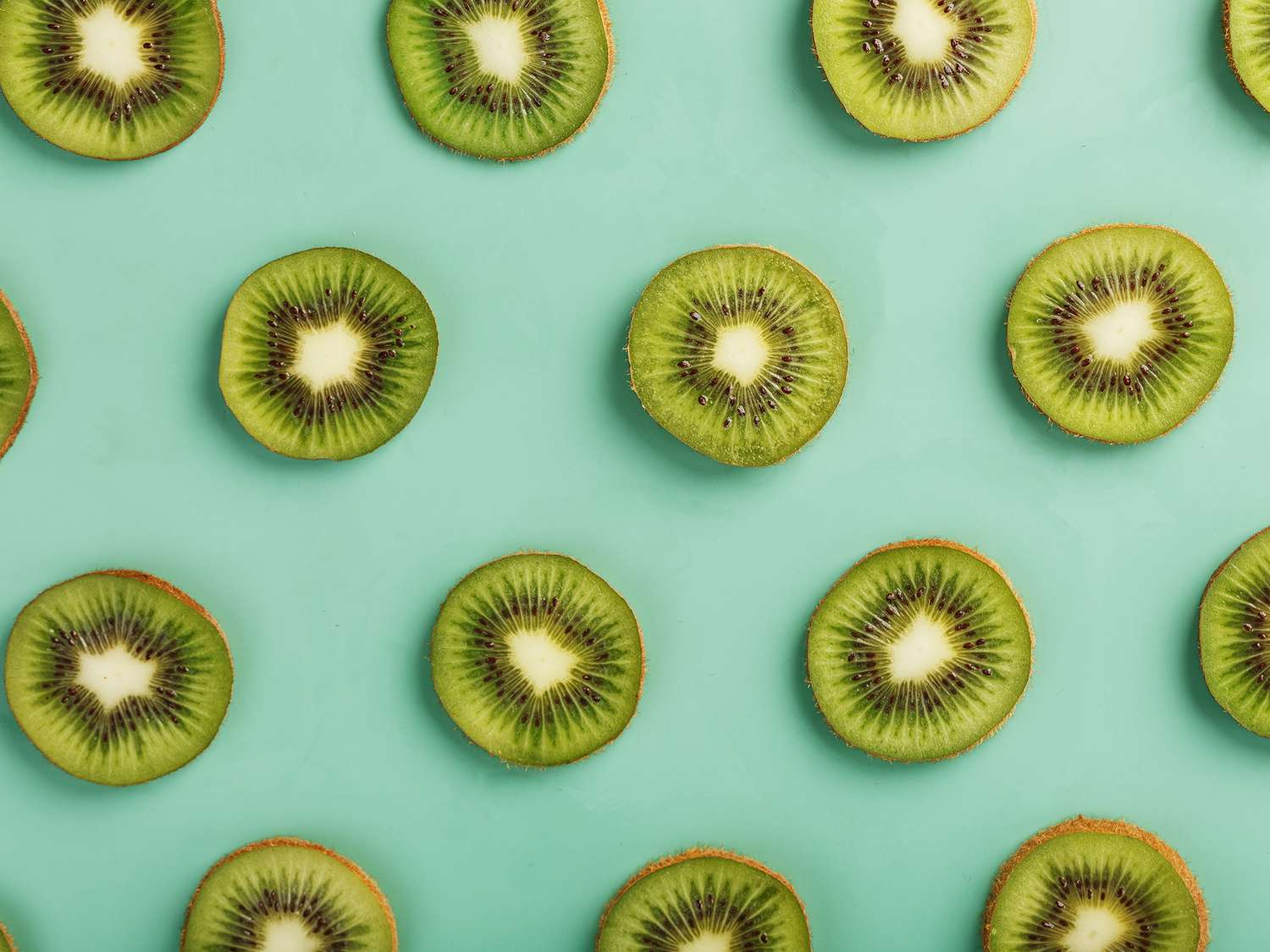
Kiwis may not be the most popular among fruit lovers, but they have more nutritional advantages than you may even know. Similarly to berries, kiwis are a great source of antioxidants and vitamin C, and contain fiber, too. Believe it or not, some people enjoy kiwi just like an apple by biting into it, skin and all.
4. Cantaloupe
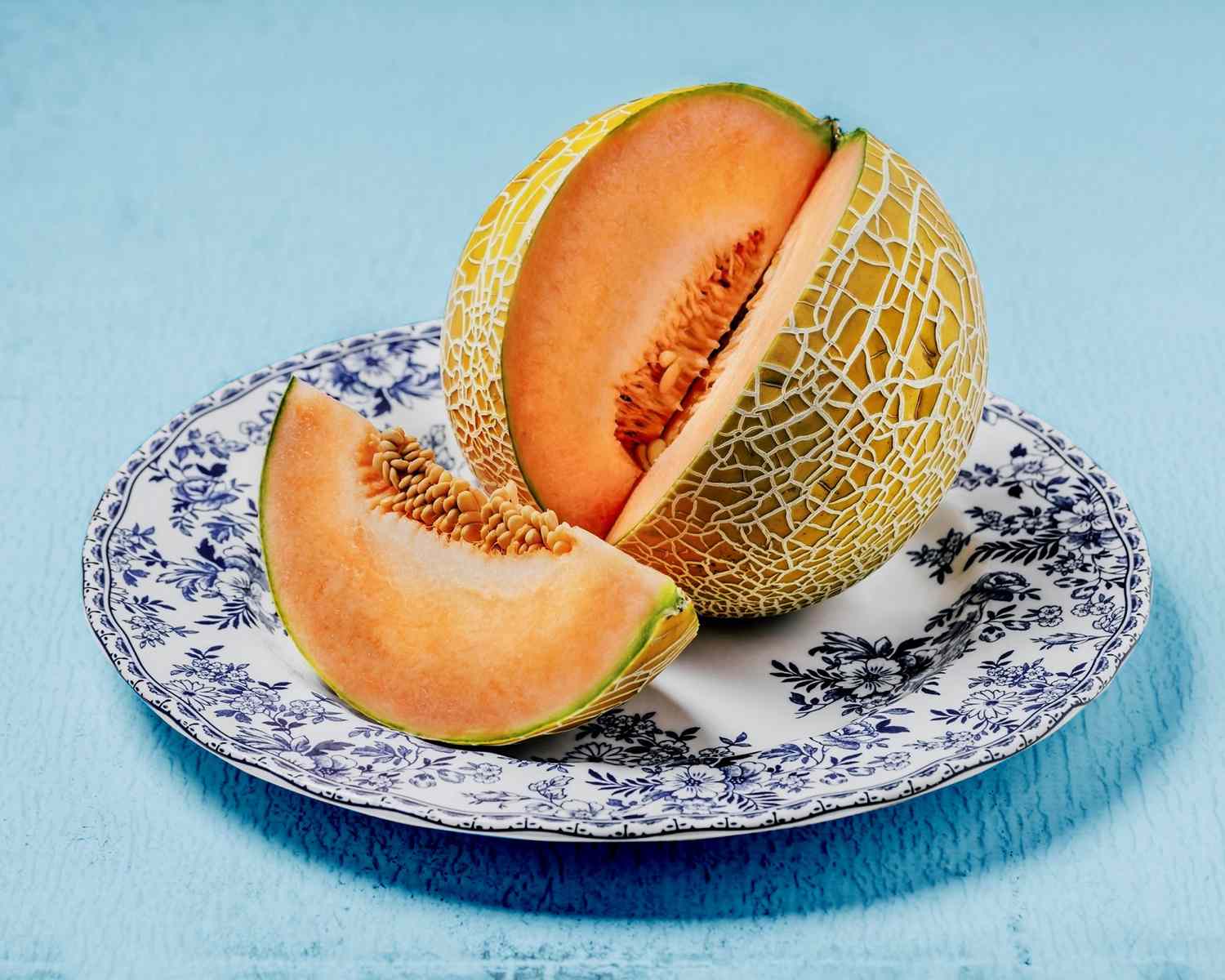
Some people insist on starting their day with half of a melon at breakfast, specifically cantaloupe. Not only is cantaloupe low in sugar, but it has tons of potassium, which is important for your heart health.
5. Peaches
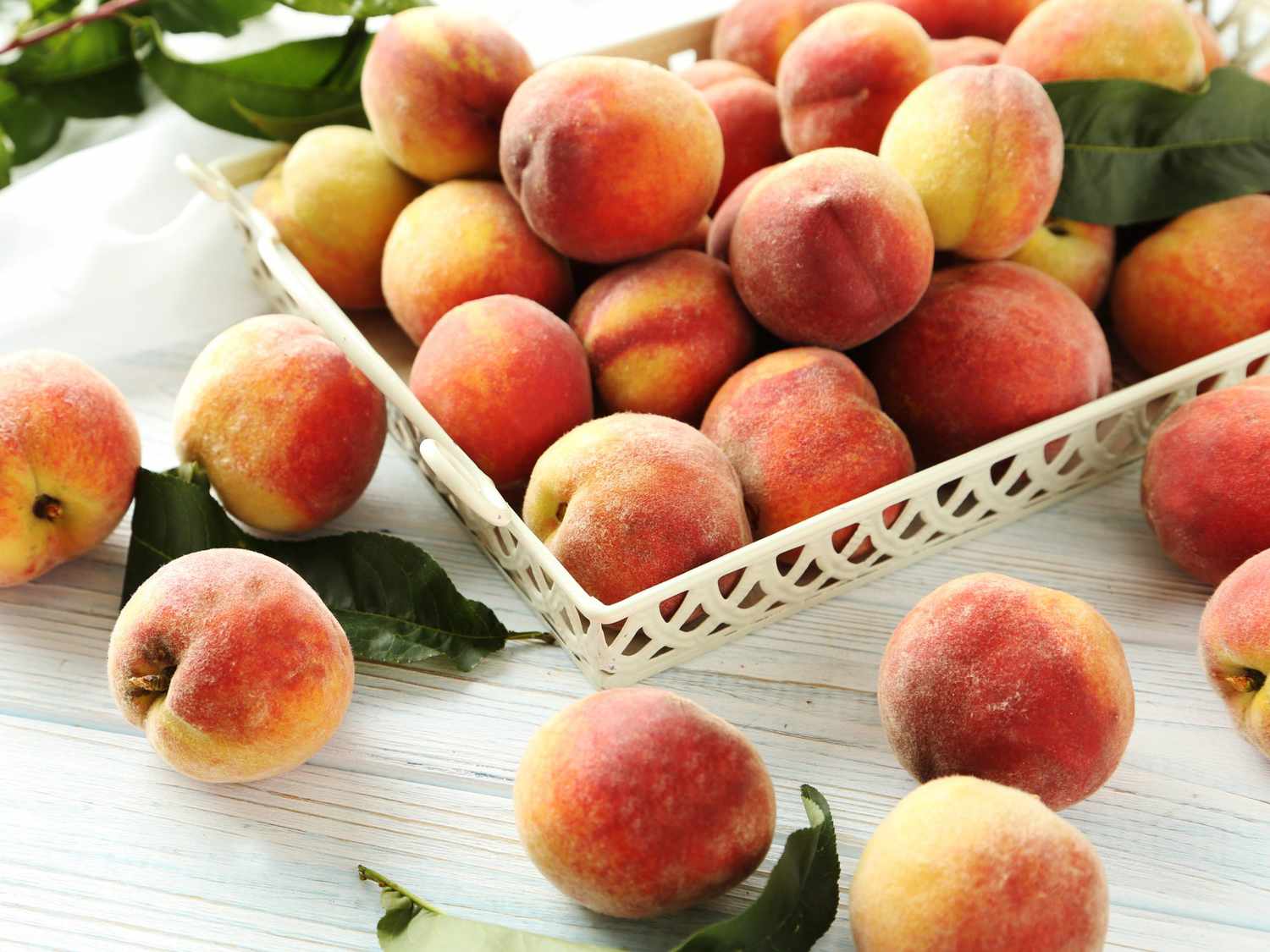
Did you know that peaches are a superfood? They’re full of important vitamins and minerals, like vitamins A and C, and they also contain potassium, fluoride, and iron. Aside from snacking on peaches, you can add them to a crisp summer salad or grill them for a delicious, healthy dessert.
6. Avocado
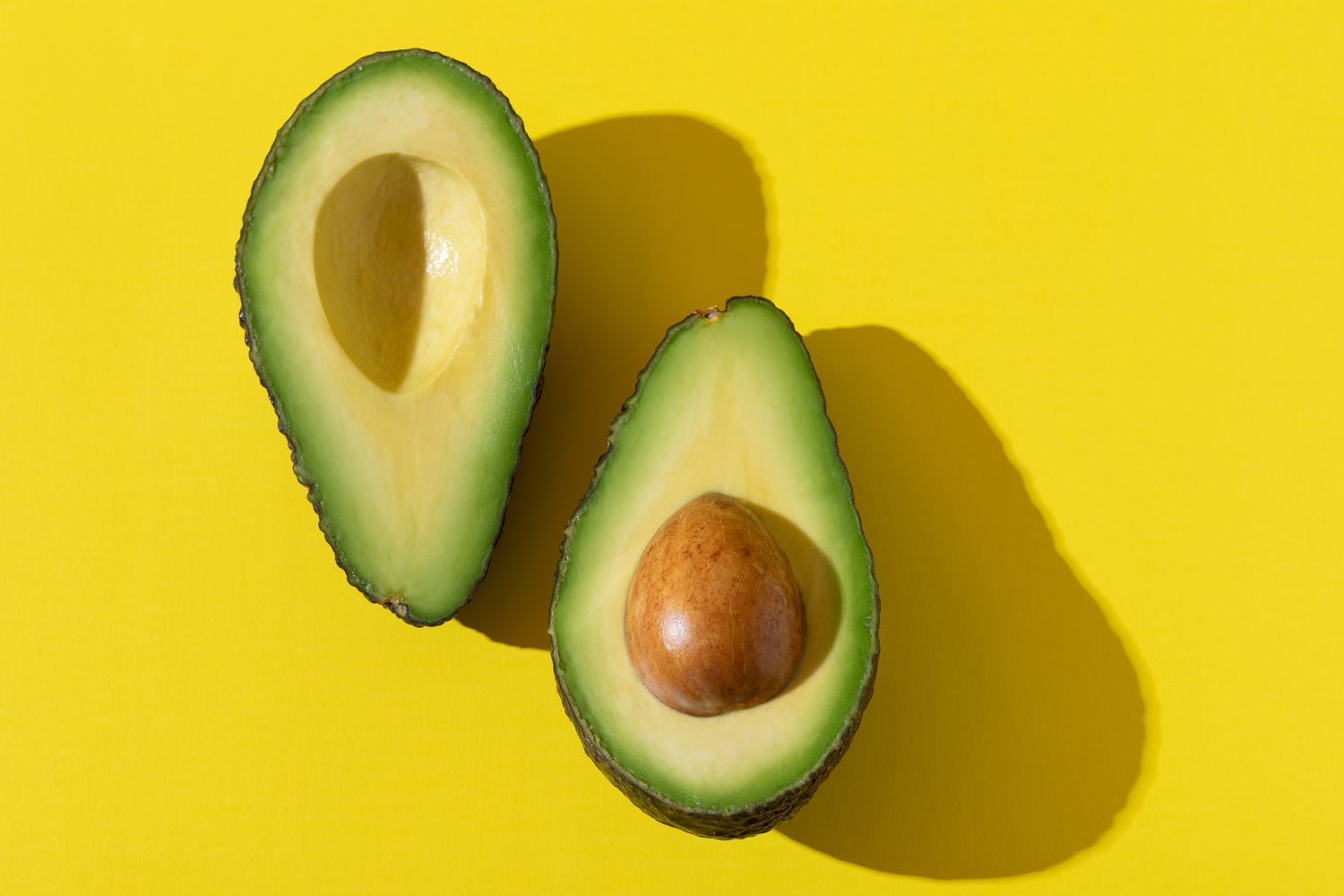
If you forgot that avocados are actually a fruit—don’t worry, you’re not alone. We typically think of avocados as being a source of healthy fat, but they’re also high in fiber and even have a bit of protein. Avocados are a great low-sugar option to have on your counter throughout the week, especially since you can add them to pretty much anything.
7. Apricots
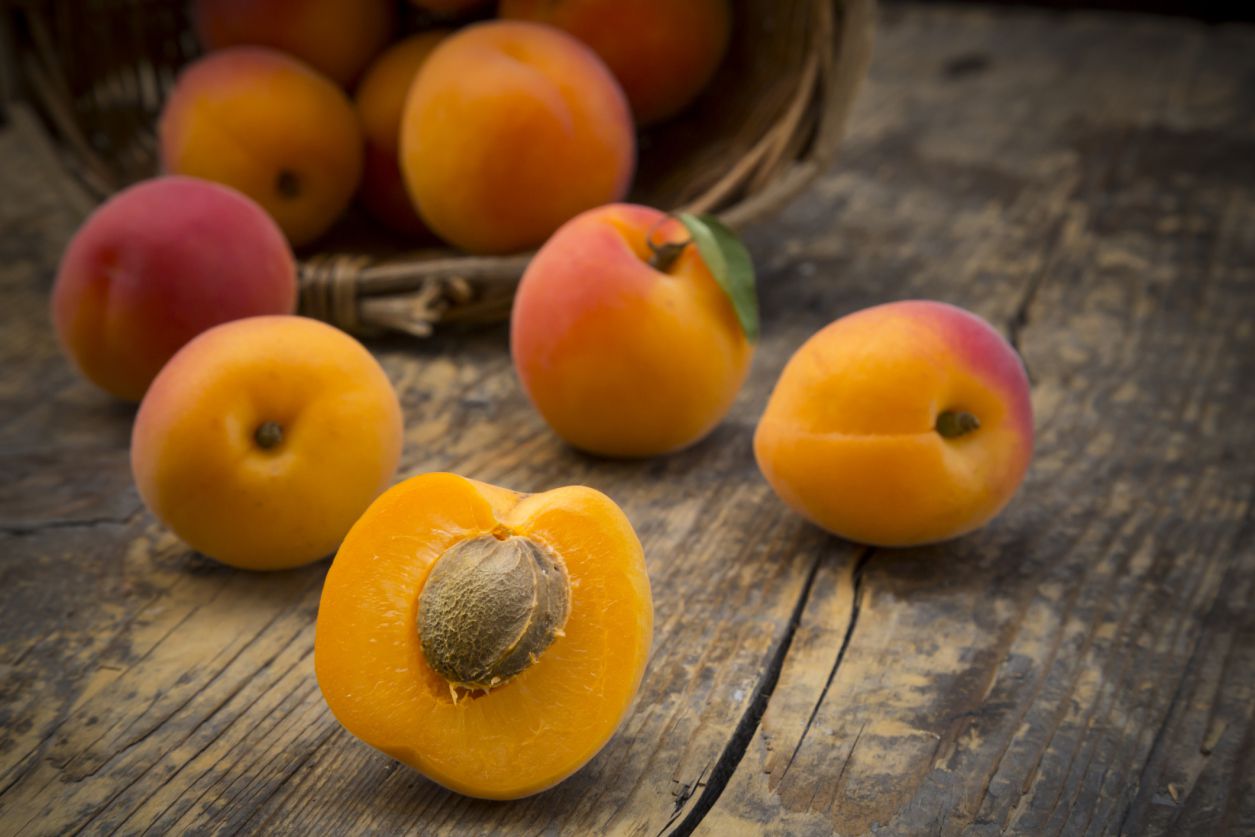
Move over carrots, apricots are one of the best things you can eat to promote overall eye health. And just like peaches, this stone fruit is also considered to be a superfood since it’s full of beta carotene and antioxidants. If you love to snack on dried apricots, just be mindful of how many you’re eating. Dehydrated fruit tends to have much more sugar.
8. Figs

When figs are in season, they’re perhaps one of the most delicious fruits you can get your hands on. They’re perfect for eating on their own, but you can also slice them up for salads, and flatbreads, or add them to a charcuterie board. Figs are another fruit that you should eat in moderation (about two to three at a time) because they contain more carbs then some fruits, and eating too many could lead to a blood sugar spike.
9. Cranberries
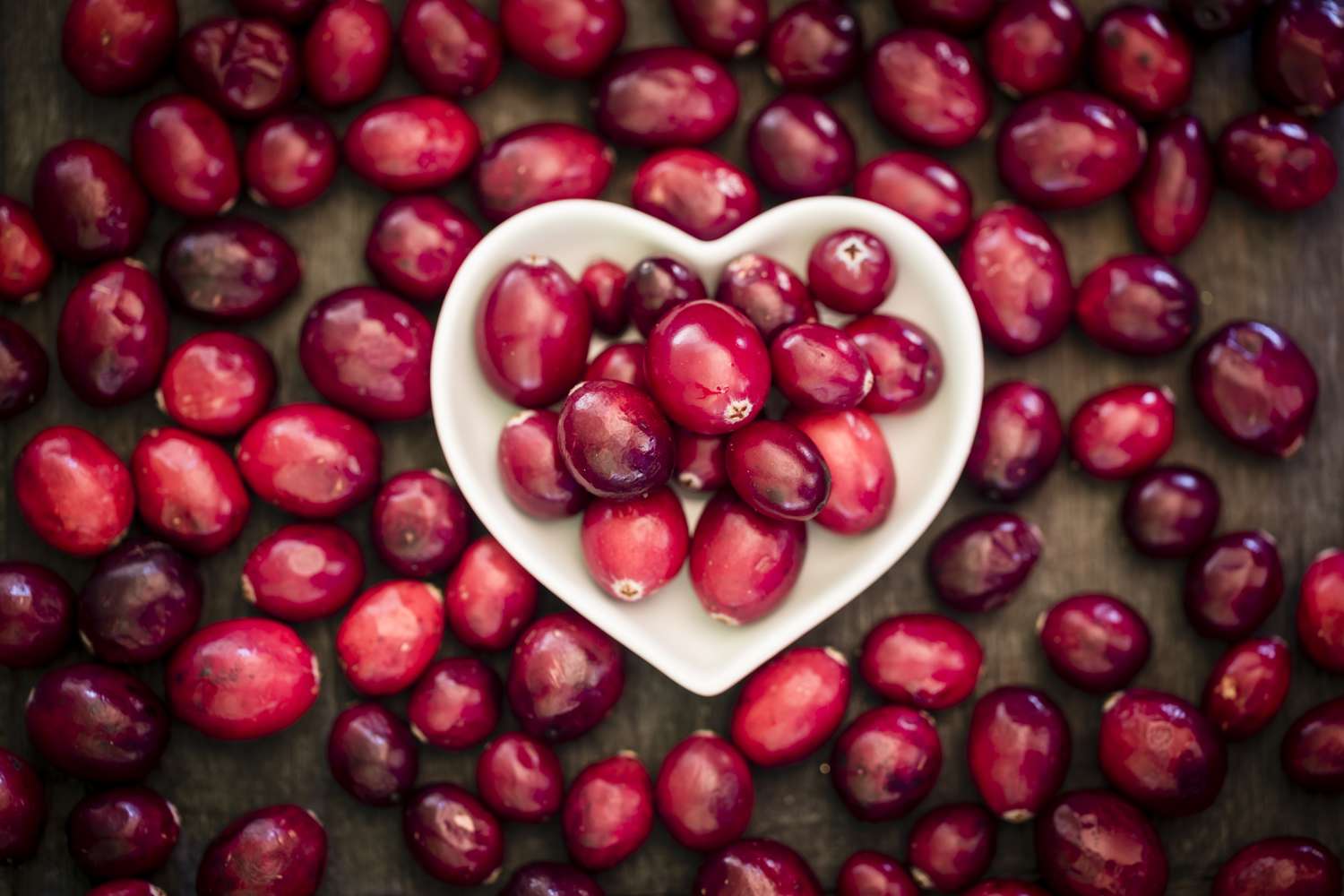
Cranberries are a tricky low-sugar fruit because they’re most commonly sold dried or as a juice, which contains high amounts of added sugar. However, fresh cranberries only have about four grams of sugar per cup, which isn’t much at all. Add these little tart berries to your smoothies or salads for some extra antioxidants and flavor.
10. Pomegranate Seeds
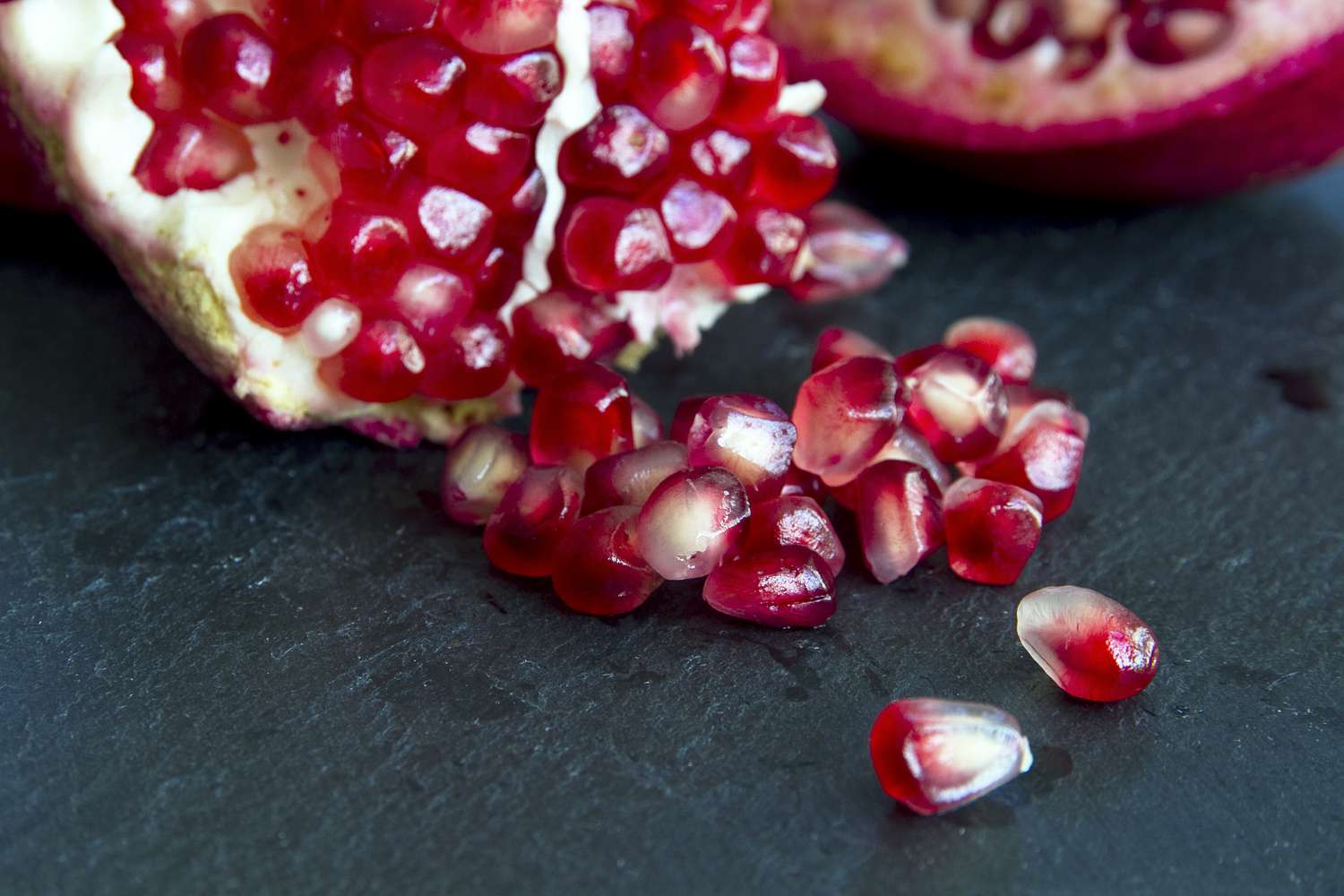
If you’ve ever bought a pomegranate, you already know that scooping out those seeds is a true labor of love. But, between the nutritional benefits and juicy, tart flavor—it’s totally worth it. Low-sugar pomegranates contain polyphenols, which are powerful antioxidants that promote heart health and may have anti-cancer benefits. Enhance your salads, yogurt parfaits, and side dishes with a generous handful of pomegranate seeds.
- Advertisement -

